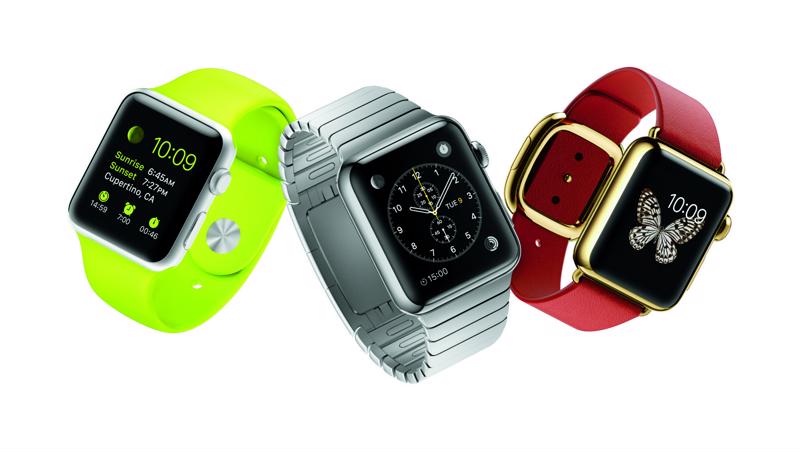In the corporate aviation industry, operators use safety management systems (SMS) to ensure their compliance with national and international standards. However, the frequent updates made to those standards make the job of cross-referencing an SMS a time-consuming and complicated one. Now, thanks to a former corporate pilot and current auditor who used FileMaker to simplify the process, there's an app for that.
iIS-BAO is designed to the requirements of the International Standard for Business Aircraft Operations (IS-BAO), which is maintained by the International Business Aviation Council (IBAC). It also conforms to the U.S.-based National Business Aviation Association and runs on FileMaker for both Mac and Windows as well as on FileMaker Go for iPad. Operators, SMS services providers and auditors can all use it to check compliance.
"Now IBAC is requiring cross-referencing in all its audits," said Phil Fountain, the app's creator, to Aviation International News. "I've included a place for operators to cross-reference each of their requirements to the manual. They can export it to an Excel file and email it to the auditor. The auditor can [input] all his questions and comments… and when he gets into the audit he can have all his questions prepared."

Connecticut FileMaker developer Kyo Logic helps local companies create their own customized business solutions using this highly versatile software. FileMaker's relational database capabilities simplify the process of cross-referencing large volumes of complex information. With professional instruction, users can easily learn how to manage and update their own apps to ensure that they're always keeping track of their business data.


